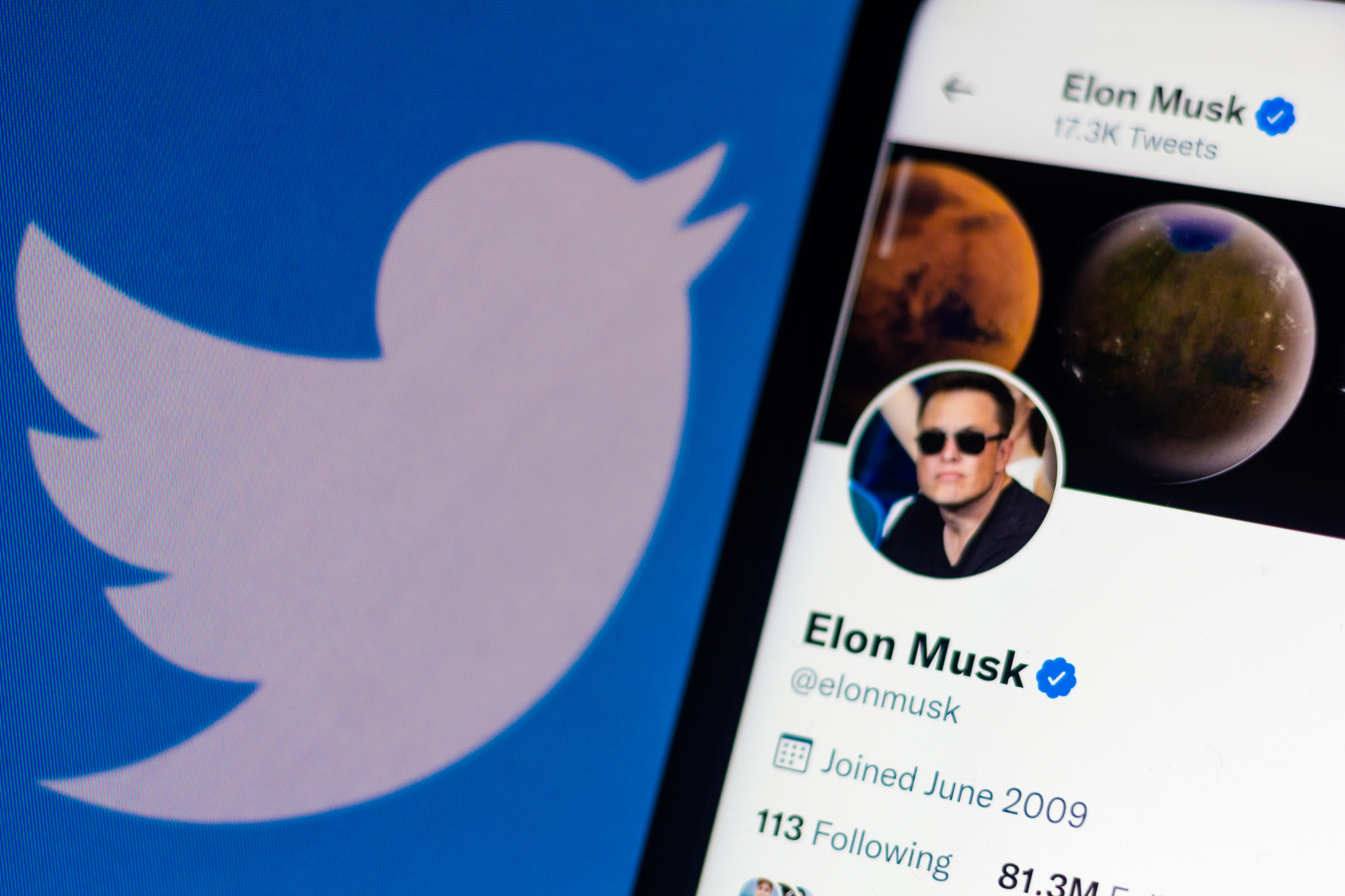

The month-long Elon Musk vs Twitter saga has reached a conclusion. The social media company announced today that it is accepting Elon Musk’s offer to buy it for around $44 billion. This follows a weeks-long back and forth between Twitter and Musk after Musk announced in early April that he had bought a major stake in the company.
The upshot is that Twitter will become a private company after the transaction is completed, and all Twitter stockholders will receive $54.20 in cash for each share of Twitter common stock. The company is expected to release this year’s first quarter earnings on April 28.
After trying to enact a “poison pill” in response to the takeover attempt, Bret Taylor, Twitter’s independent board chair, said the company comprehensively evaluated Musk’s proposal and found that it would “deliver a substantial cash premium” for Twitter shareholders.
“Free speech is the bedrock of a functioning democracy, and Twitter is the digital town square where matters vital to the future of humanity are debated,” Musk said in a press release. “I also want to make Twitter better than ever by enhancing the product with new features, making the algorithms open source to increase trust, defeating the spam bots, and authenticating all humans.”
So what are some changes he might be looking to make? To promote free speech within “the bounds of the law” on the platform, Musk mentioned at a live TED interview on April 14 that he would consider time-outs rather than permanent bans for users who violate certain rules. The intention behind it is to “increase the trust of Twitter as a public platform.”
[Related: Twitter was already evolving before Elon Musk bought into it]
As Axios pointed out, he once suggested through a Twitter thread that he was in favor of longer tweets. He has also repeatedly brought up his desire to make Twitter “open-source,” so people can see if the algorithm is deliberately emphasizing or de-emphasizing certain tweets. Plus, he has reiterated that an edit button will definitely be coming soon. However, he didn’t provide any details when asked at TED about how he would deal with the controversies that might arise, such as if someone were to change a tweet after it goes viral to exploit retweeters (the example provided by TED was if someone tweeted “Elon Rocks” and then edited it to “Elon Sucks” after people have retweeted and liked it), though he did say he was “open to ideas.”
Researchers are less optimistic about Musk’s vision for Twitter, with many telling The Washington Post that the changes he’s proposing—such as publicizing the Twitter feed algorithm—would be “difficult.” That concern feeds into further questions about how he’s planning to handle sensitive user data while being mindful of privacy and security. Given his own history with Twitter and with free speech, what Musk is publicly promoting now makes him “an unreliable narrator,” The Los Angeles Times noted. Additionally, prominent incidents, such as getting charged with securities fraud for misleading tweets about plans to take Tesla private, are revealing the fine line between free speech and the “the bounds of the law.”